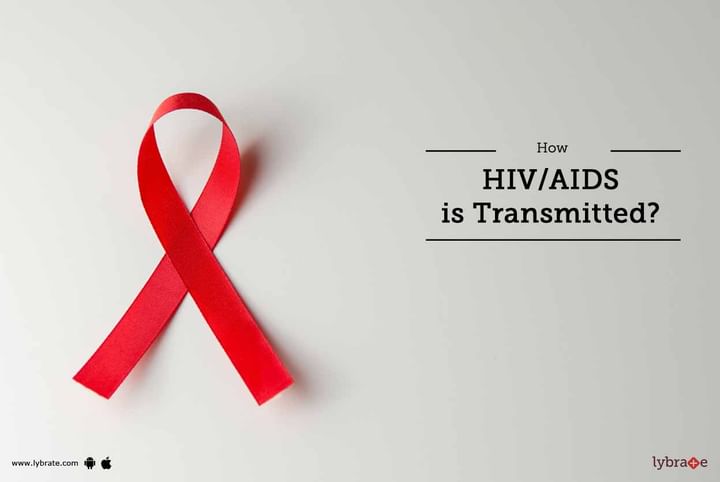How HIV/AIDS is Transmitted?
No matter how much information there is available about AIDS and HIV, the thought of it makes a person shudder. The Human Immunodeficiency Virus or HIV is the virus responsible for AIDS or Acquired Immune Deficiency Syndrome. This virus attacks the immune system and over time leaves the body defenseless against other infections and types of cancer. Till date, there is no cure for HIV or AIDS. However, what we do know is how the disease can be transmitted from one person to another. Knowing this enables us to control the transmission of the disease.
Unlike other viruses, HIV cannot be transmitted through air, water etc. This virus can only be transmitted through:
- Blood: Receiving blood transfusions from an HIV positive person is sure to put you at risk of suffering from the disease as well. For this reason, it is essential to only take blood from registered blood banks that run HIV screening tests. This holds true for organ and tissue transplants as well. Being stuck with an HIV infected needle can also put you at risk of coming in contact the virus. In some cases, direct contact between broken skin, wounds and mucous membranes can also lead to the transferring of HIV cells from one person to another. HIV does not spread through saliva, however, if while kissing, both partners suffer from bleeding gums and one partner is HIV positive, there is a risk of the transference of HIV from one person to the other.
- Bodily fluids such as semen and vaginal fluids: The only way to prevent the transmission of the HIV virus from one partner to another while having intercourse is by using a condom. This creates a barrier between the bodily fluids of both partners and keeps them safe. A condom is needed even if the couple is engaging in anal sex. In fact when comparing anal and vaginal intercourse; anal sex puts HIV negative partners at a higher risk of getting in contact the virus than vaginal sex. Theoretically, this virus can be transmitted even through oral sex is a HIV positive man ejaculates into the woman's mouth. However, this is a rare occurrence.
- From a mother to an unborn child: A HIV positive mother can transmit the virus to her child when pregnant, at birth or while breastfeeding. However, if the mother follows HIV treatment, the chances of her passing on this virus to her child are significantly lowered.
The above are the only three ways HIV can be transferred from one person to another. HIV cannot be transmitted by sharing utensils, drinking the same water, through mosquito bites or by shaking hands etc. Thus, there is no reason to ostracize an HIV infected person. If you wish to discuss about any specific problem, you can consult a general physician.



+1.svg)
